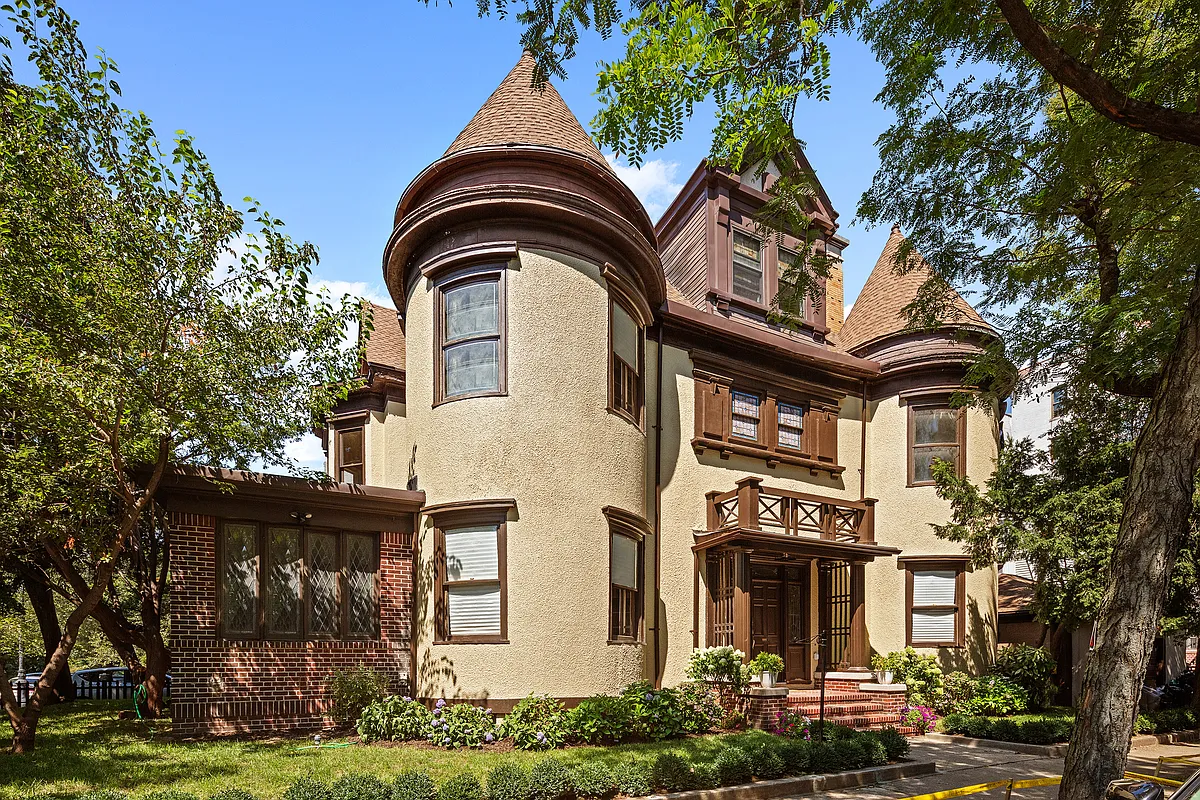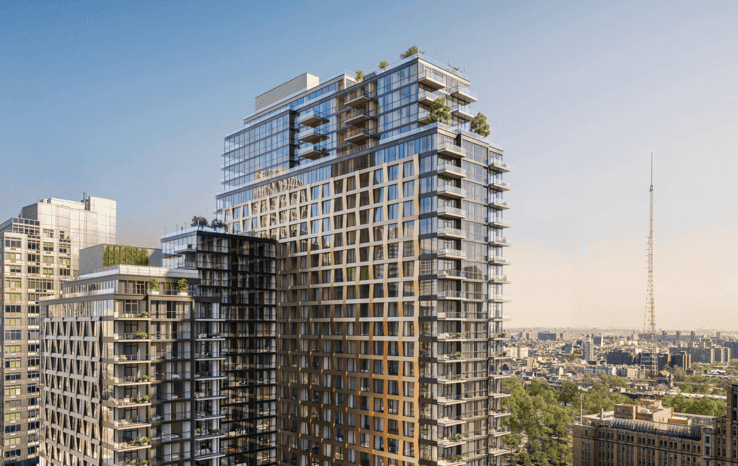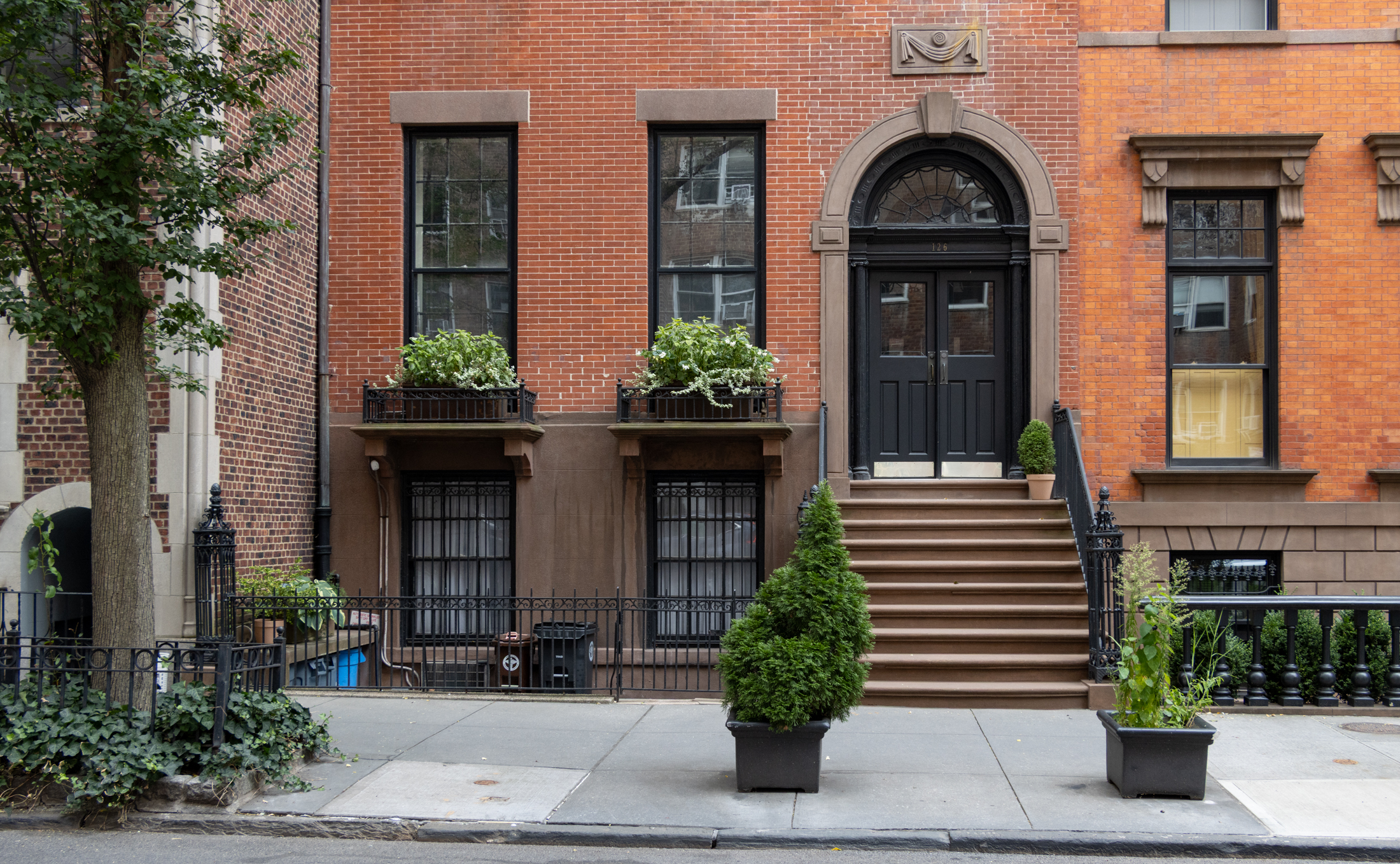Parking Hogs Spur Curb Cut Changes
The Times documents the case of the Upper East Side brownstone owners whose suit against the city to install a driveway earlier this year precipitated a rapid change in the city’s zoning code in order to stop an avalanche of copy-cat lawsuits. The owners, a waste management consultant and his portfolio manager wife, argued that…

 The Times documents the case of the Upper East Side brownstone owners whose suit against the city to install a driveway earlier this year precipitated a rapid change in the city’s zoning code in order to stop an avalanche of copy-cat lawsuits. The owners, a waste management consultant and his portfolio manager wife, argued that since their house was over a hundred years old it could not be considered a “development” under the city code and therefore was not bound by the code that limited driveways to residential buildings with a width of at least 40 feet. The state supreme court bought their argument, which sent DOB and City Planning officials into a panic. The new code gives officials the ability to deny a curb cut application if they deem it to be “inconsistent with the character of the existing streetscape.” Too bad this wasn’t on the books when the owner of 174 Clinton Avenue, above, ripped open the facade of the 19th-century house in Clinton Hill because he thought it would bring a higher price on the market. As far as we can tell, despite numerous price cuts, the house failed to sell.
The Times documents the case of the Upper East Side brownstone owners whose suit against the city to install a driveway earlier this year precipitated a rapid change in the city’s zoning code in order to stop an avalanche of copy-cat lawsuits. The owners, a waste management consultant and his portfolio manager wife, argued that since their house was over a hundred years old it could not be considered a “development” under the city code and therefore was not bound by the code that limited driveways to residential buildings with a width of at least 40 feet. The state supreme court bought their argument, which sent DOB and City Planning officials into a panic. The new code gives officials the ability to deny a curb cut application if they deem it to be “inconsistent with the character of the existing streetscape.” Too bad this wasn’t on the books when the owner of 174 Clinton Avenue, above, ripped open the facade of the 19th-century house in Clinton Hill because he thought it would bring a higher price on the market. As far as we can tell, despite numerous price cuts, the house failed to sell.
Yikes! It’s a Garage [NY Times]





Compost.
” Don’t be brainwashed by the right-wing anti-environmetalists.”
rewrite:
Don’t be brainwashed by the left-wing environmentalists.
How about when you add in costs to the environment, health, society, etc.? These are real costs even if you don’t see them at the register.
MANY ‘green’ activities, technologies and even simple things like CFLs cost LESS when you take life-cycle costs into effect. I don’t have the time to educate you on this, maybe next PLUSA meeting. And that’s not even taking into account the enviromental issues (or moral, non-monetary ones, but let’s not go there as we clearly won’t agree there.)
The problem is that ‘green’ is used as a marketing term to greenwash many luxury developments. So they use high-end crap which is supposedly ‘green’ and ain’t, or marginally ‘green’ elements which are not worth it and cost a lot. Don’t be brainwashed by the right-wing anti-environmetalists.
cmu, name something green that replaces somthing non-green and costs less, without any govenrnment subsidies. Sorry, not even dishsoap or washing machine detergent passes this test.
Ethanol????? ROTFLMMFAO.
>BHO, “green” is an incredible waste of money. Virtually nothing green is economically feasible.
Hmmm, unusually ovewrought and borderline silly statement coming from you, dibs. Bad hair day?
for people who is willing and able to pay a few hundred grand more (on top of an already massive price) for a house, they don’t want to deal with an off site parking garage.
I applaud people who have a high carbon footprint. They are better for the economy.
BHO, “green” is an incredible waste of money. Virtually nothing green is economically feasible.
Dave, that’s exactly my point. I understand that houses with parking are worth more. My point is that in many neighborhoods, you could get reasonably convenient off-site parking for a very small fraction of the premium that people pay for a garage.
But then, there are many things about how the market prices real estate that leave me baffled.